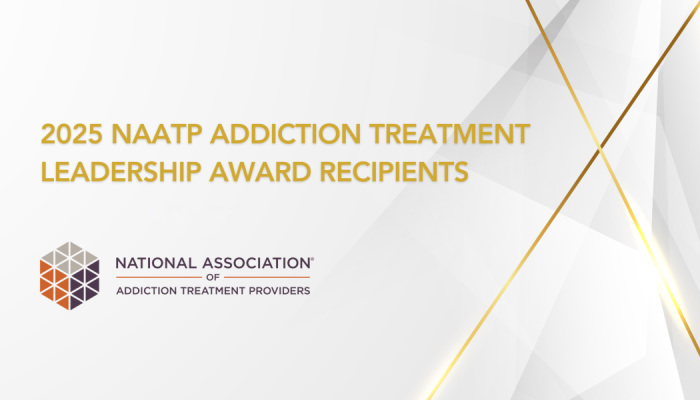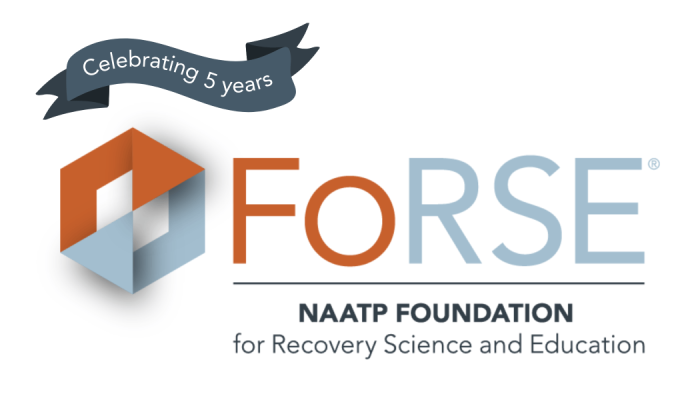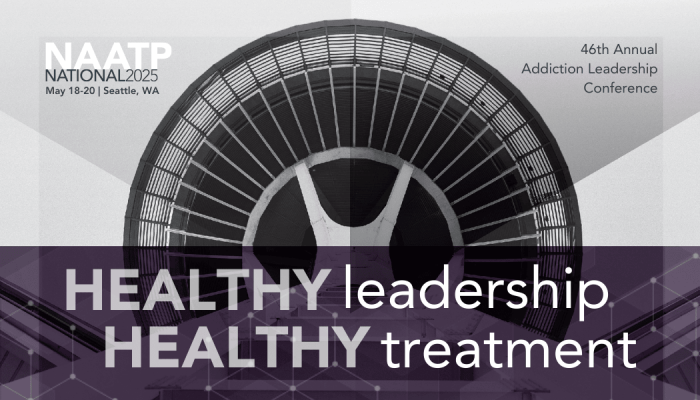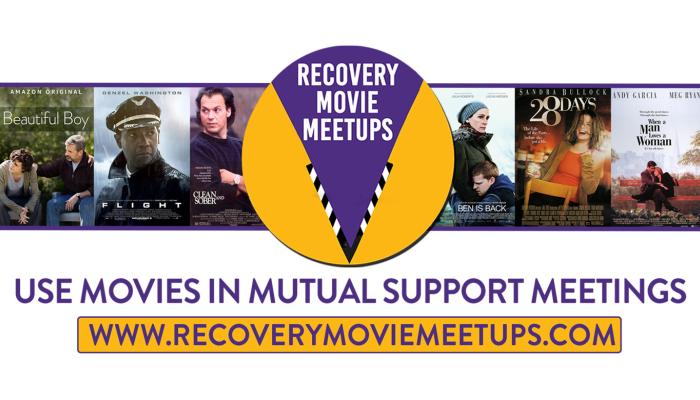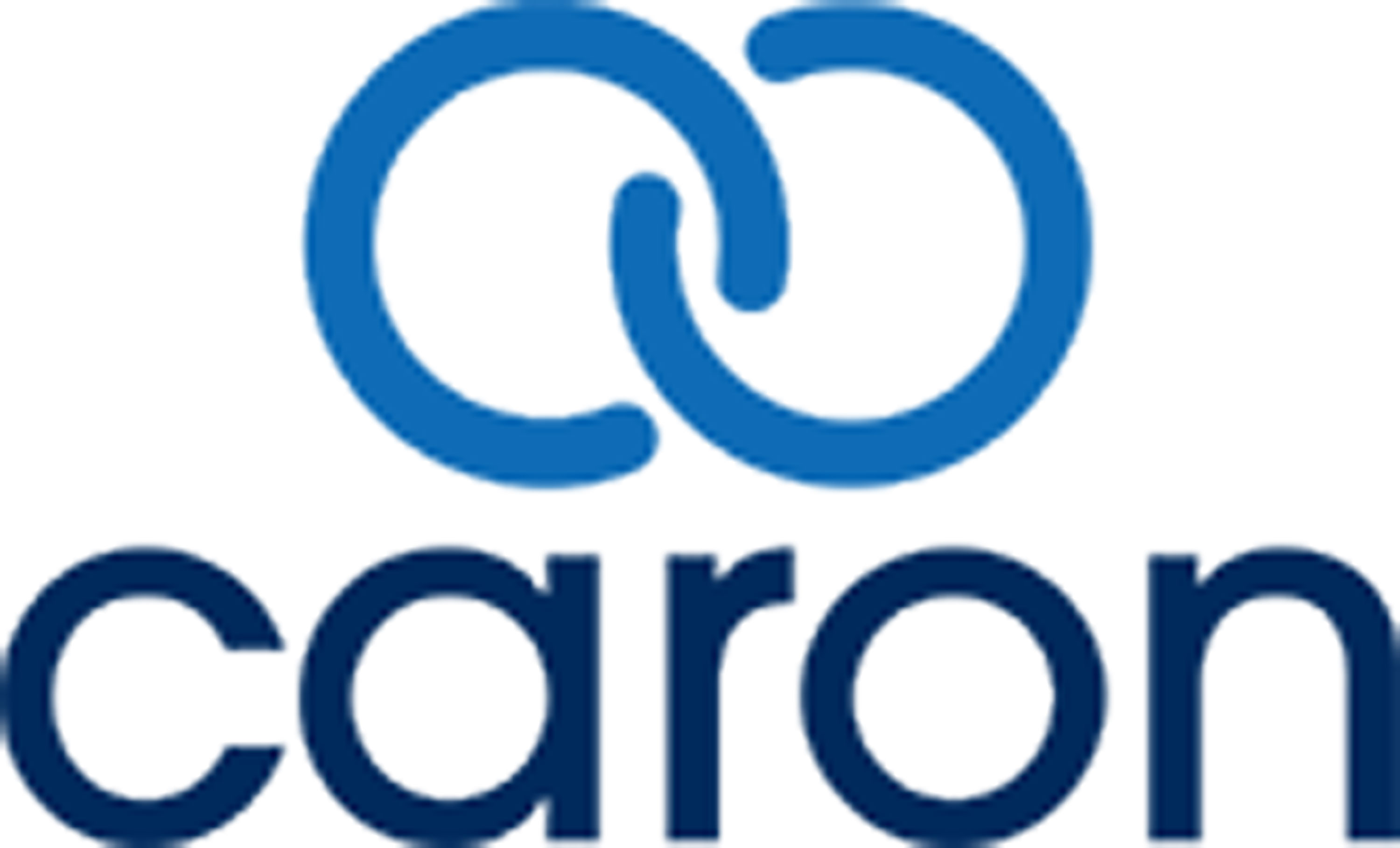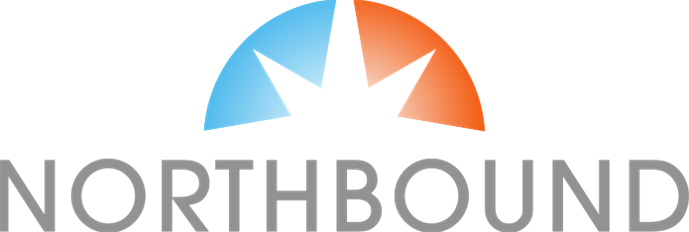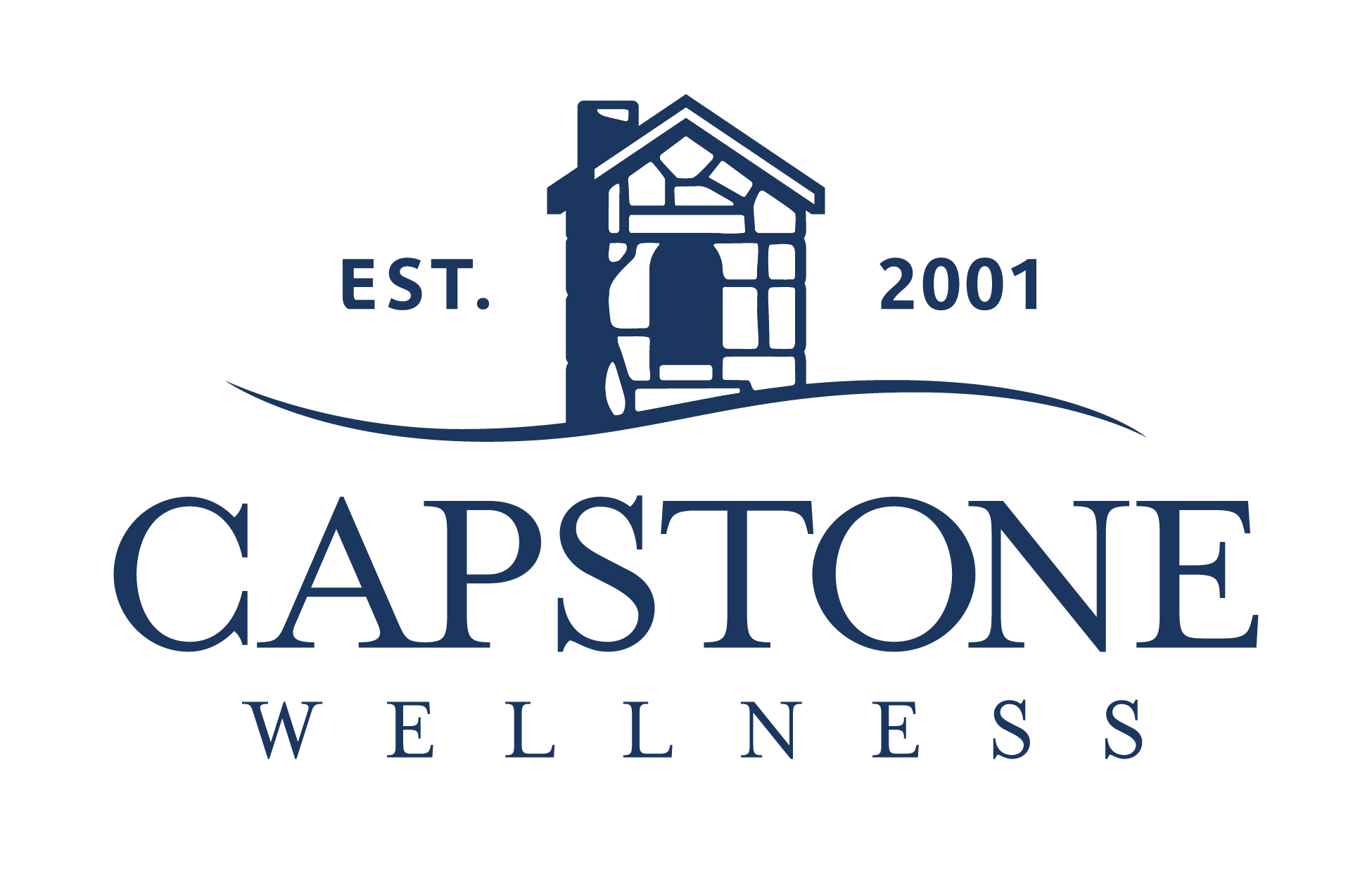Sep 26, 2018
Late Tuesday, following weeks of discussions, House and Senate negotiators reached a final agreement on a bill addressing the opioid crisis.
The bipartisan bill, H.R. 6, attempts to address nearly every aspect of the public health epidemic, from expanding access to addiction treatment and prevention programs to increased law enforcement efforts that curtail trafficking of illegal drugs. The timing of the deal allows vulnerable incumbents to show voters they're addressing a crisis that kills more than 115 Americans every day.
The addiction treatment field did not achieve everything desired in this legislation. However, substantial progress was made and many NAATP priorities were included in the final package.
The IMD exclusion was removed for all substance use disorder treatment for 30 days annually. This provision exists for the next 5 years, and we anticipate it will be extended prior to its expiration in 2023. While not the total repeal we wanted, this is a major step forward for Medicaid covered patients. We hope to increase the 30-day limit in future legislative actions.
In keeping with NAATP’s Quality Assurance Initiative, kickbacks for treatment referrals are made illegal. Those who pay or receive kickbacks may be fined up to $200,000 and spend 10 years in prison.
The bill provides for reimbursement for educational expenses for substance use disorder workers who choose to work in underserved areas.
H.R. 6 also requires an annual analysis of how states are implementing the Mental Health Parity and Addiction Equity Act (Parity). This will demonstrate the deficiencies in enforcement that we know are occurring.
Other NAATP priorities include development of best practices for sober living homes. It also authorizes grants to examine many aspects of substance use disorder impacts, building communities of recovery, and support for transition from treatment to the workforce.
Thanks to our many members who responded to our calls for Congressional contact. These many achievements would not have been possible without your efforts. Final passage is expected in the next few days.
Mark Dunn
NAATP Director of Public Policy
Washington, DC




